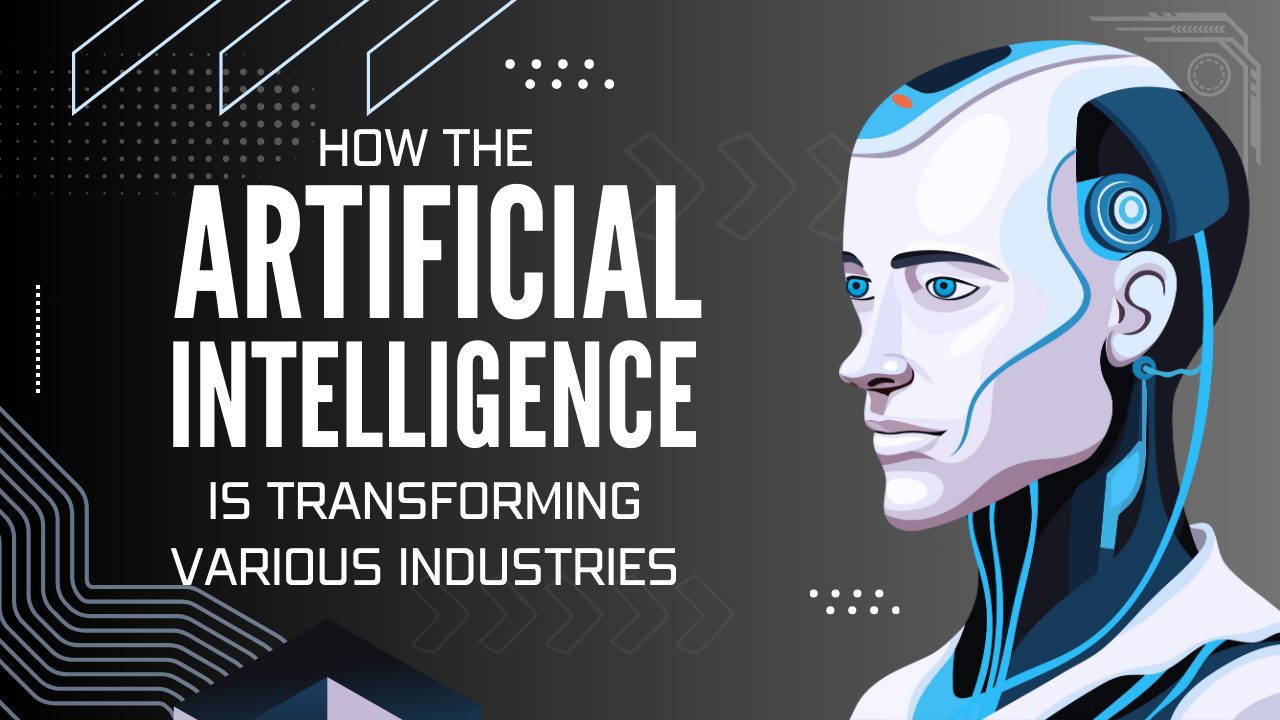Artificial Intelligence (AI) has become a driving force behind transformative changes across industries, reshaping traditional practices and creating innovative solutions. From enhancing decision-making to improving efficiency, the integration of AI has proven to be a game-changer. Businesses, organizations, and sectors that embrace AI are better positioned to stay competitive and address evolving challenges. This article delves into how AI is transforming various industries, highlighting its impact and potential across diverse fields.
Healthcare: Medical Diagnosis using AI

AI has revolutionized the healthcare industry by significantly improving the accuracy and speed of medical diagnosis. Advanced algorithms analyze vast amounts of patient data, including medical histories, imaging scans, and test results, to detect diseases at early stages. For instance, AI-powered tools can identify anomalies in X-rays or MRIs, assisting radiologists in diagnosing conditions like cancer with greater precision.
Moreover, AI aids in developing personalized treatment plans by analyzing genetic information and predicting patient responses to specific therapies. Virtual health assistants and chatbots provide real-time guidance to patients, answering queries and reminding them to take medications. This level of automation ensures better patient outcomes and reduces the workload on healthcare professionals, demonstrating how AI is transforming various industries, especially healthcare.
Finance: AI in Fraud detection

In the finance sector, AI plays a pivotal role in safeguarding transactions and preventing fraudulent activities. Machine learning algorithms continuously monitor financial transactions, identifying unusual patterns or anomalies that could indicate fraud. Unlike traditional methods, AI can analyze massive datasets in real time, enabling quicker detection and response.
Additionally, AI enhances credit risk assessment by evaluating an applicant’s financial behavior and creditworthiness more accurately. Robo-advisors powered by AI offer personalized investment recommendations, democratizing access to financial planning. As financial crimes become more sophisticated, AI’s ability to adapt and improve detection mechanisms ensures the sector remains secure and efficient.
Retail: AI in Personalisation and Inventory Management
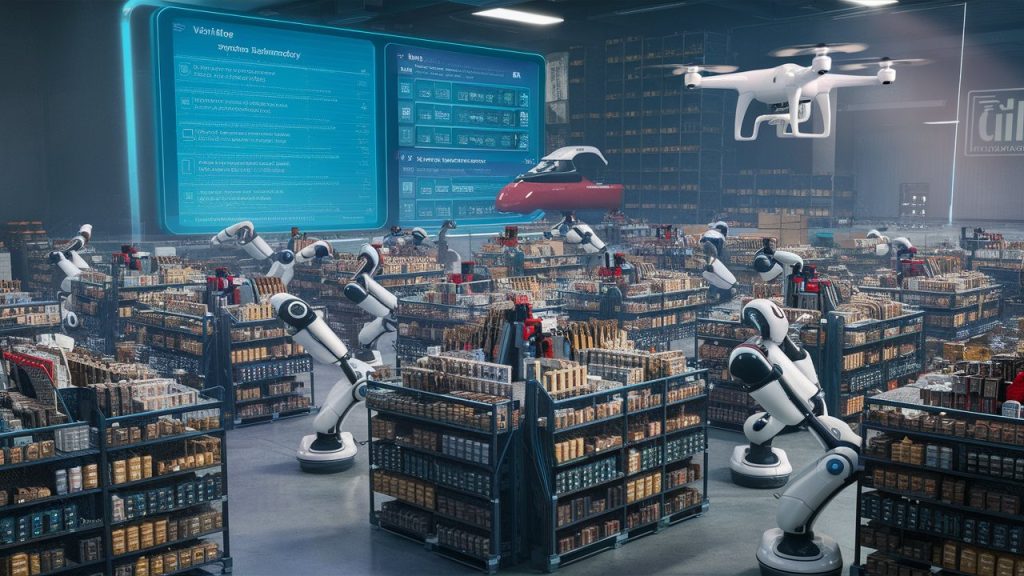
Retailers leverage AI to deliver personalized shopping experiences and optimize inventory management. AI-driven recommendation engines analyze customer behavior, preferences, and purchase history to suggest products tailored to individual needs. This not only enhances customer satisfaction but also boosts sales and brand loyalty.
Inventory management benefits significantly from AI-powered predictive analytics, which forecast demand trends based on historical data and market conditions. By minimizing overstocking or stockouts, retailers can streamline operations and reduce costs. Furthermore, AI-powered chatbots enhance customer support by providing instant assistance and resolving queries, demonstrating how AI is reshaping retail operations. Dive deeper into our [blog posts] for in-depth insights and examples.
Manufacturing: AI for Predictive Maintenance
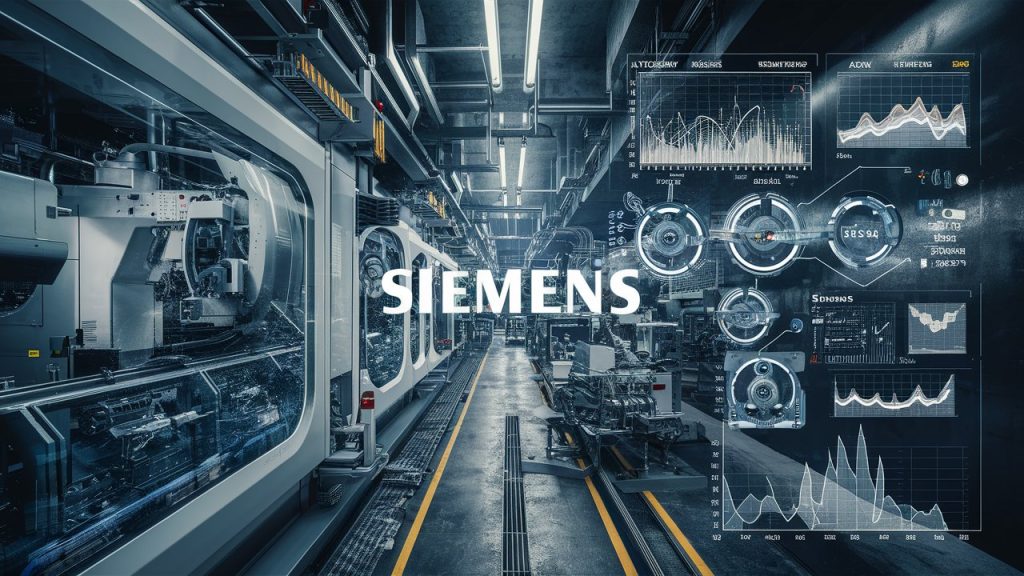
Manufacturing industries use AI to improve operational efficiency and reduce downtime through predictive maintenance. By analyzing data from sensors embedded in machinery, AI predicts potential failures before they occur, enabling proactive maintenance. This minimizes unplanned disruptions and extends the lifespan of equipment.
AI also optimizes production processes by identifying inefficiencies and suggesting improvements. Robotics, powered by AI, perform repetitive tasks with precision, ensuring consistent product quality. From supply chain management to quality control, the integration of AI has made manufacturing smarter and more efficient, showcasing its transformative potential.
Transportation: AI for Self-Driving Cars
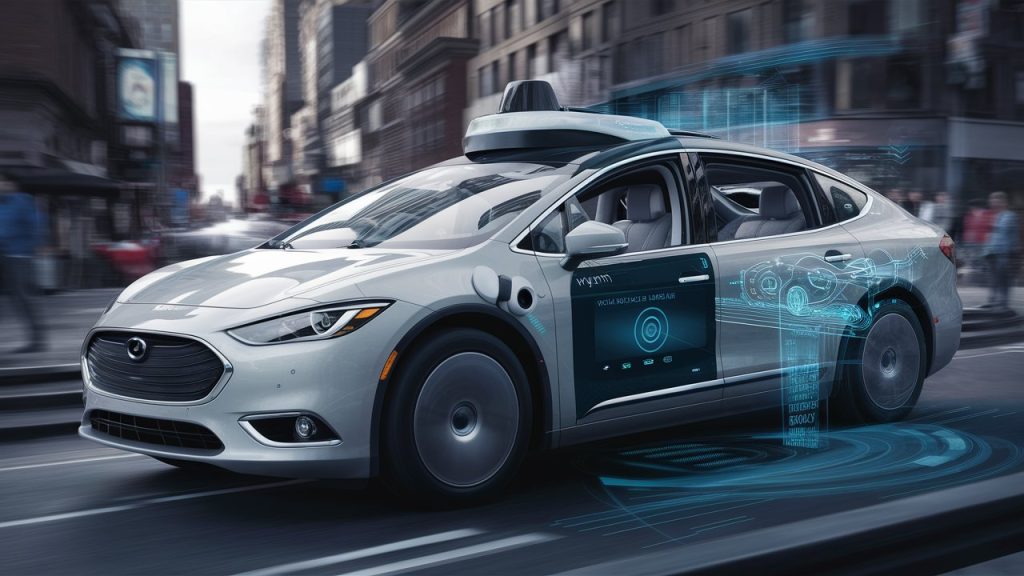
The transportation sector has witnessed groundbreaking advancements with the advent of AI-powered self-driving cars. These vehicles rely on AI algorithms to process data from cameras, sensors, and GPS systems, allowing them to navigate complex environments and make real-time decisions.
AI enhances road safety by reducing human errors and optimizing traffic flow through smart transportation systems. Ride-hailing services also use AI to predict demand, set dynamic pricing, and optimize routes for efficiency. As autonomous vehicles continue to evolve, they promise to revolutionize transportation by making it safer, more accessible, and environmentally friendly.
Education: Artificial Intelligence in Customized Learning
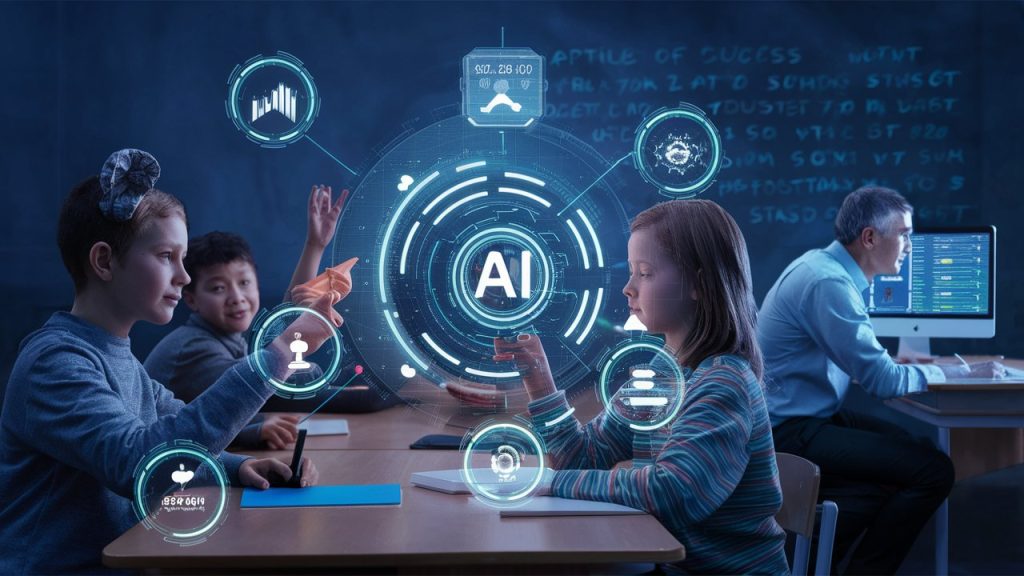
In the education sector, AI transforms learning experiences by enabling customized and adaptive learning solutions. AI-powered platforms assess individual student performance and learning styles, tailoring content to address specific needs and challenges. This personalized approach ensures more effective learning outcomes.
Virtual tutors and AI-driven learning assistants provide students with instant feedback, helping them overcome difficulties and track progress. Additionally, AI streamlines administrative tasks such as grading and attendance tracking, allowing educators to focus on teaching. By making education more accessible and inclusive, AI underscores its transformative impact on various industries, including education.
Conclusion
AI’s integration into diverse sectors underscores its transformative power, showcasing how AI is transforming various industries and driving innovation. From improving healthcare diagnosis to revolutionizing transportation, AI’s potential knows no bounds. As AI continues to evolve, its applications will become even more sophisticated and widespread. Businesses and industries that adopt AI stand to benefit from increased efficiency, improved decision-making, and enhanced customer experiences.
While challenges like ethical considerations and data privacy remain, the opportunities AI offers far outweigh its limitations. In a world driven by rapid technological advancements, embracing AI is no longer optional but essential. By staying informed about AI trends and harnessing its potential, industries can shape a future that is more efficient, innovative, and sustainable.

